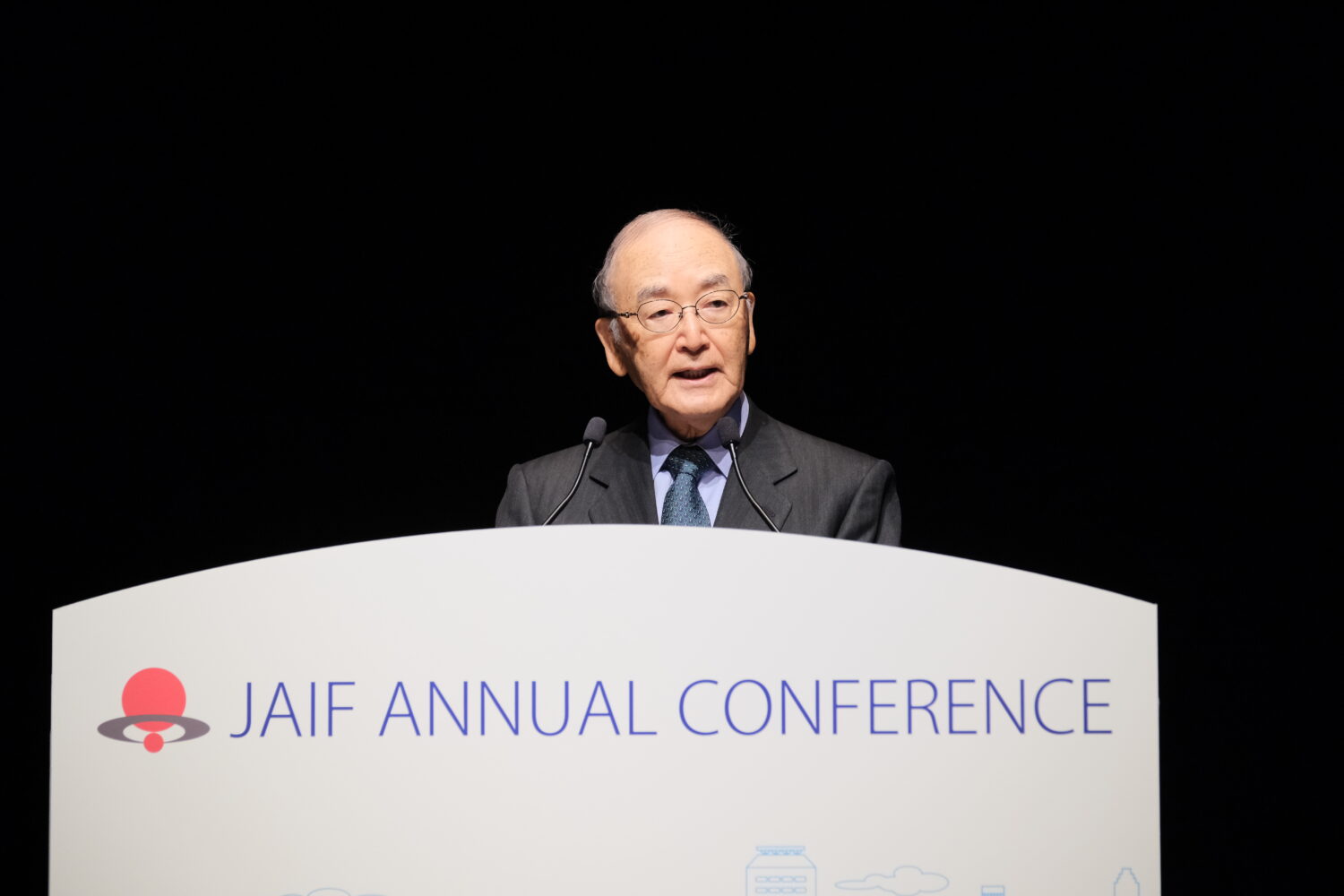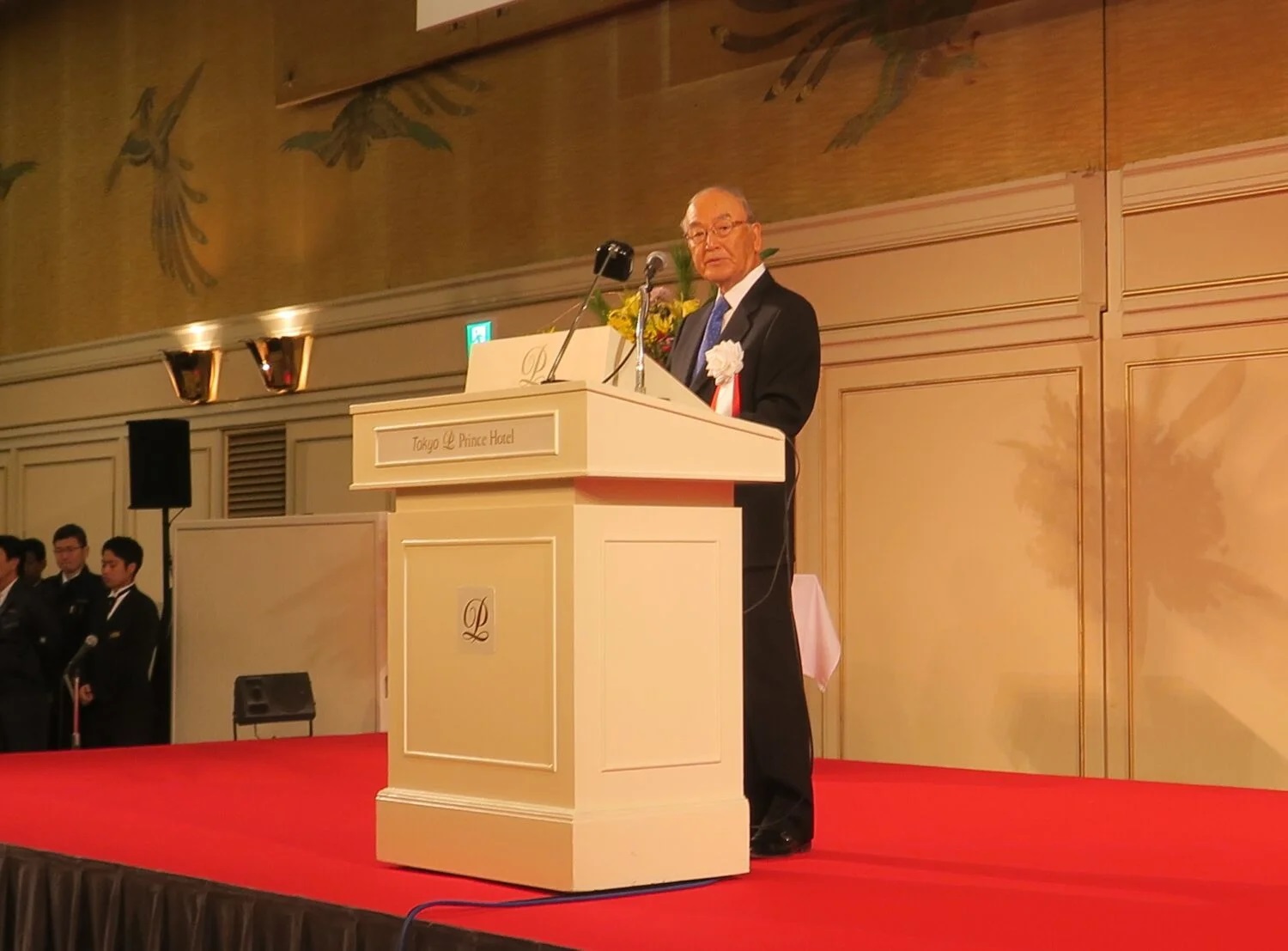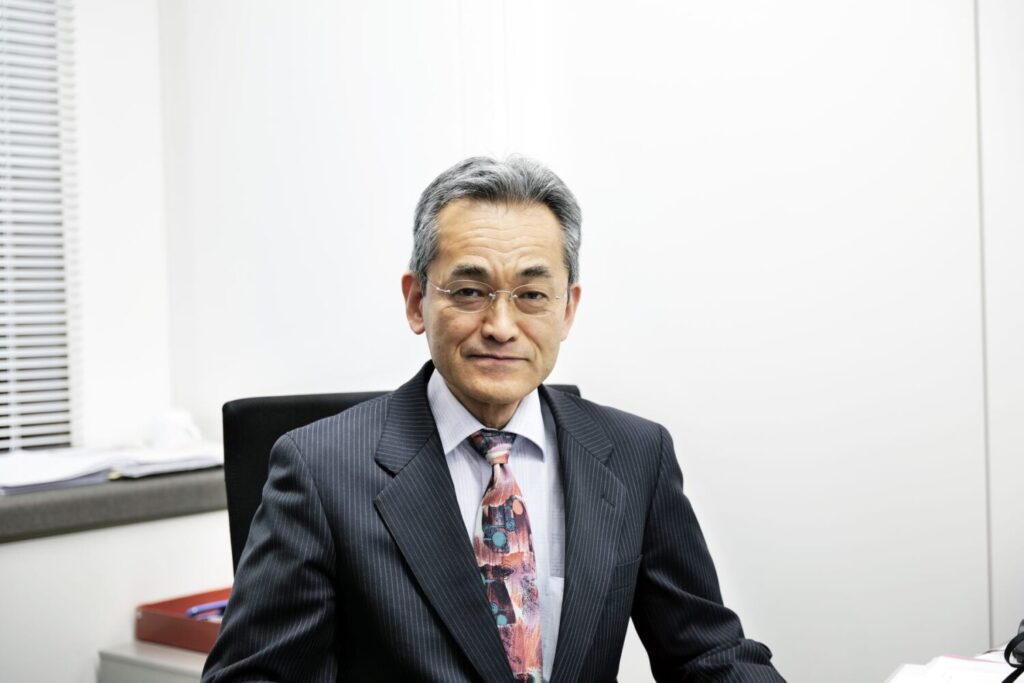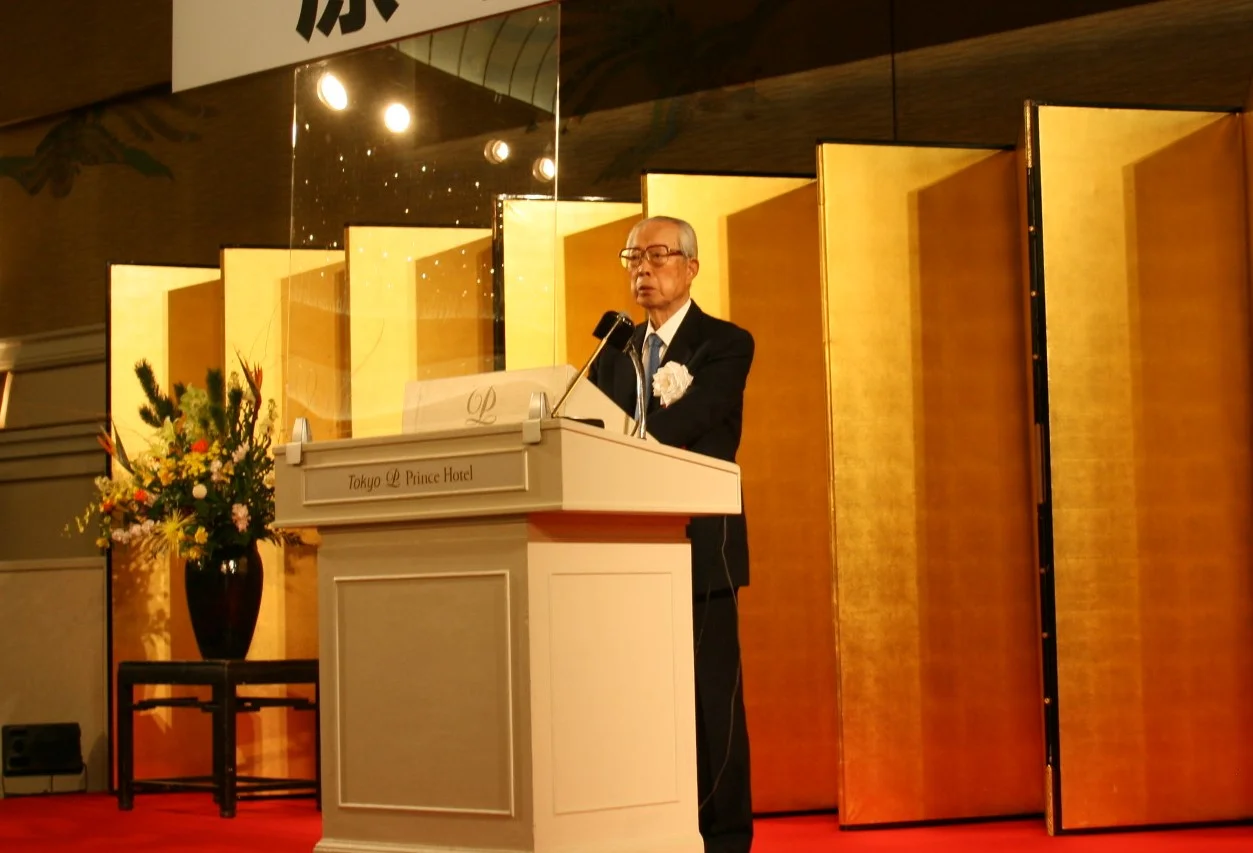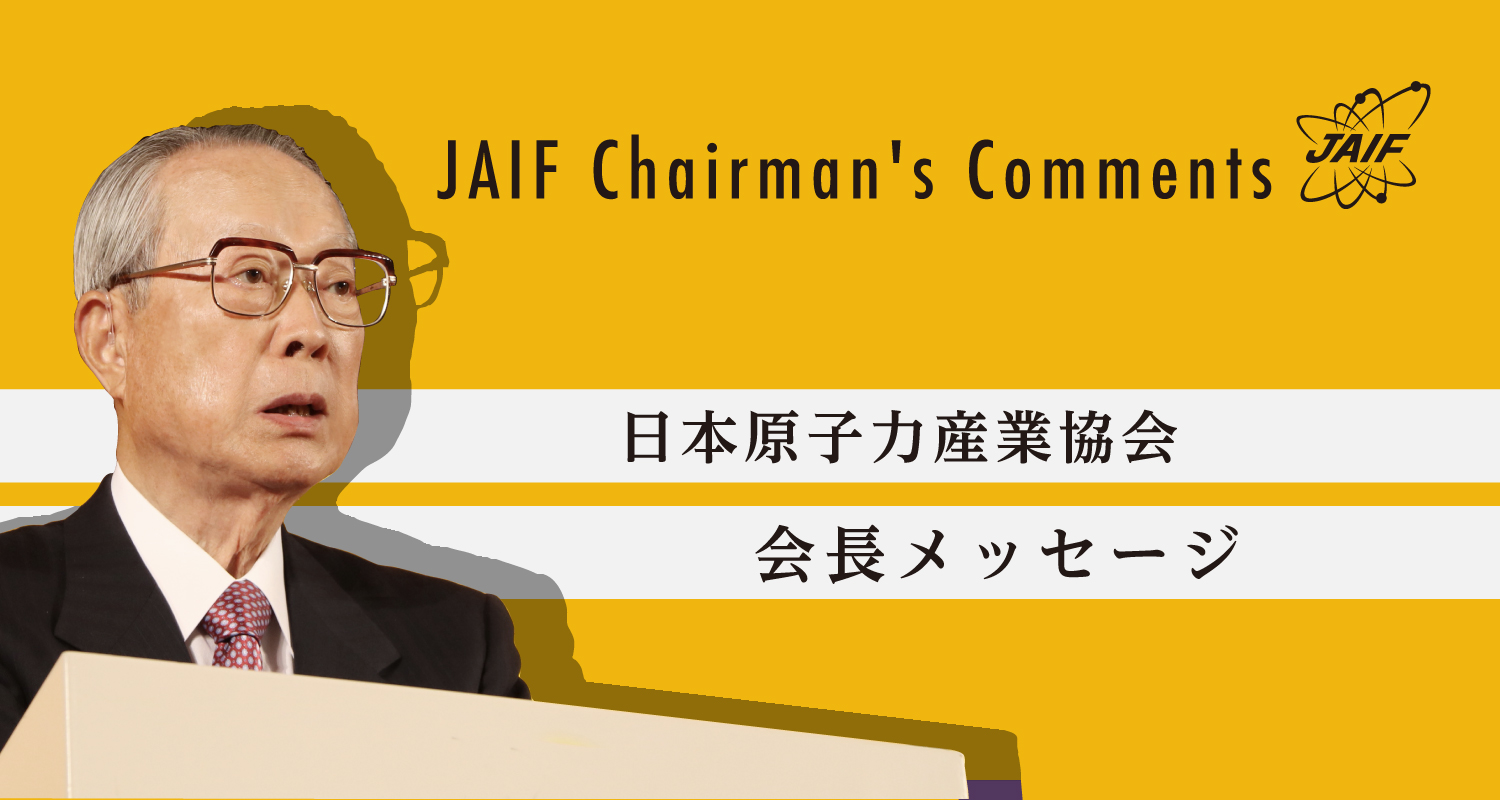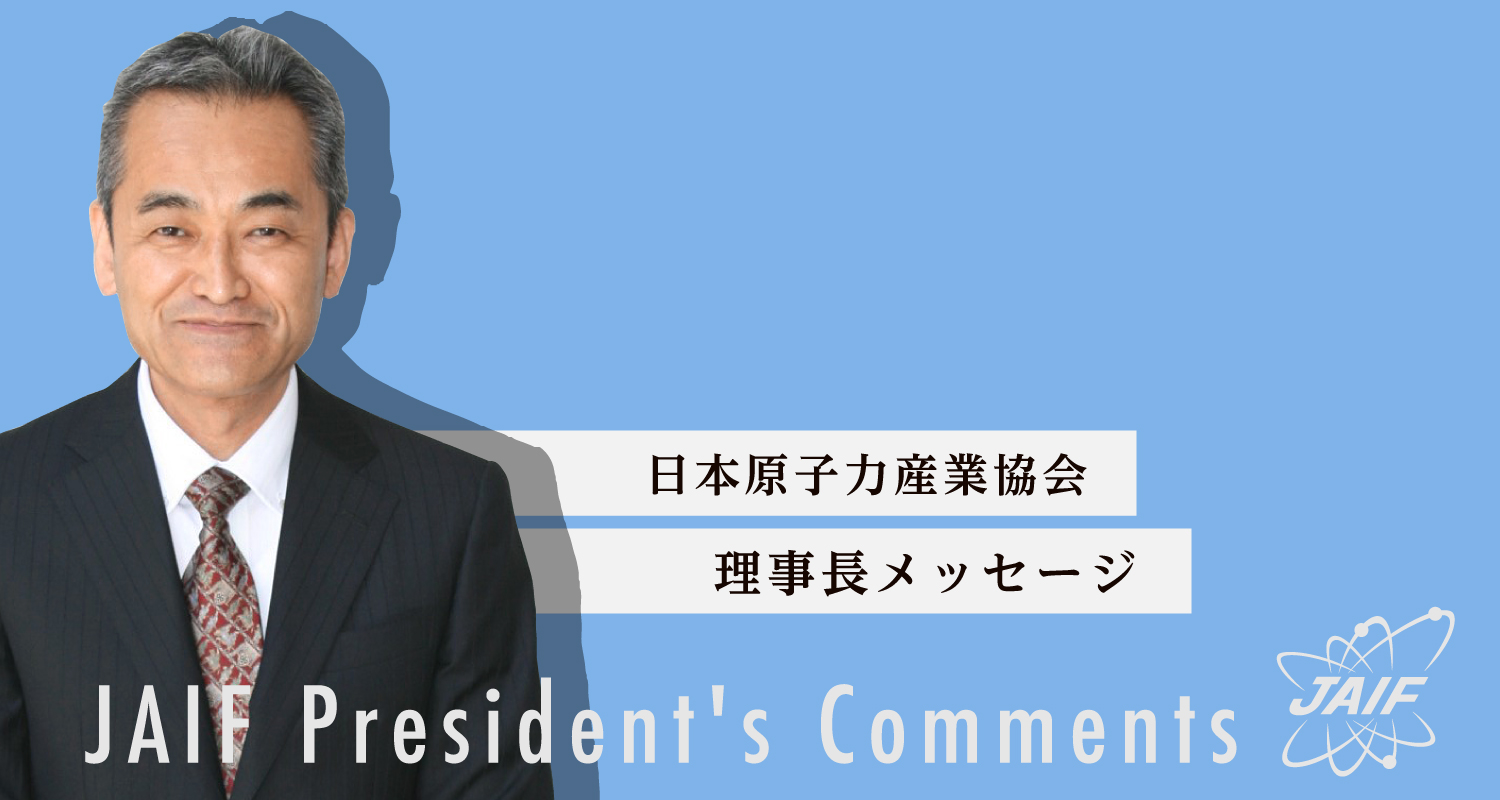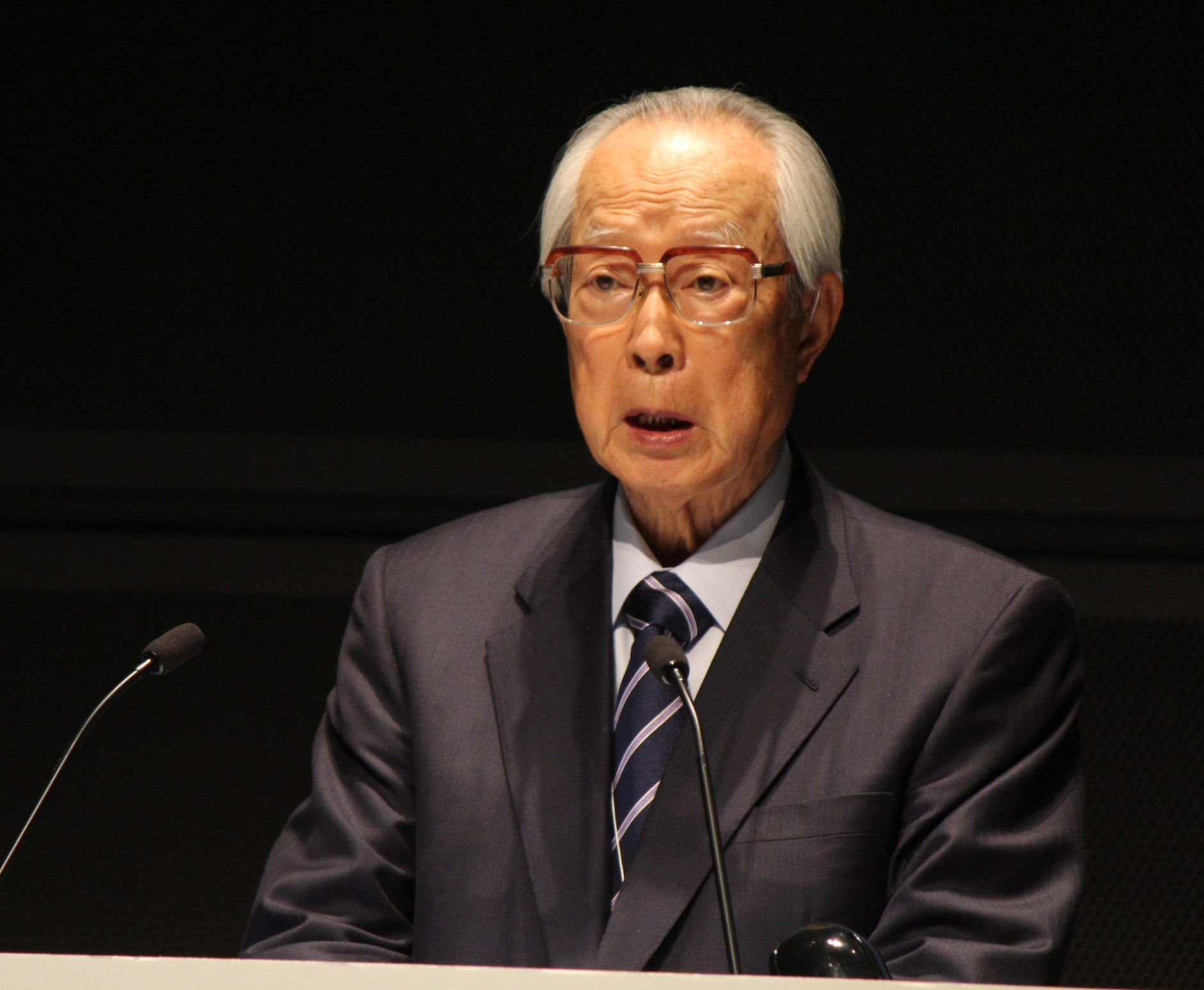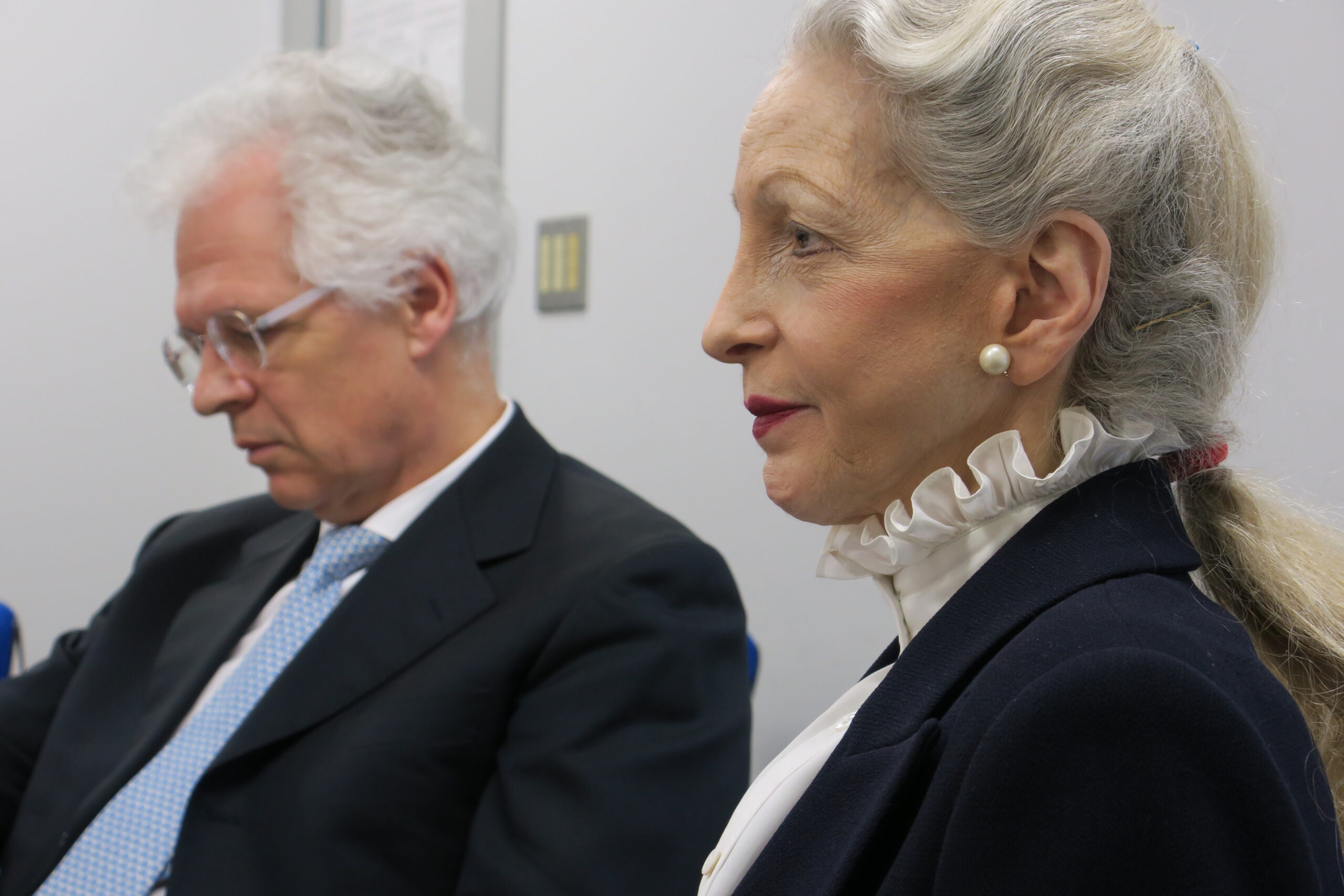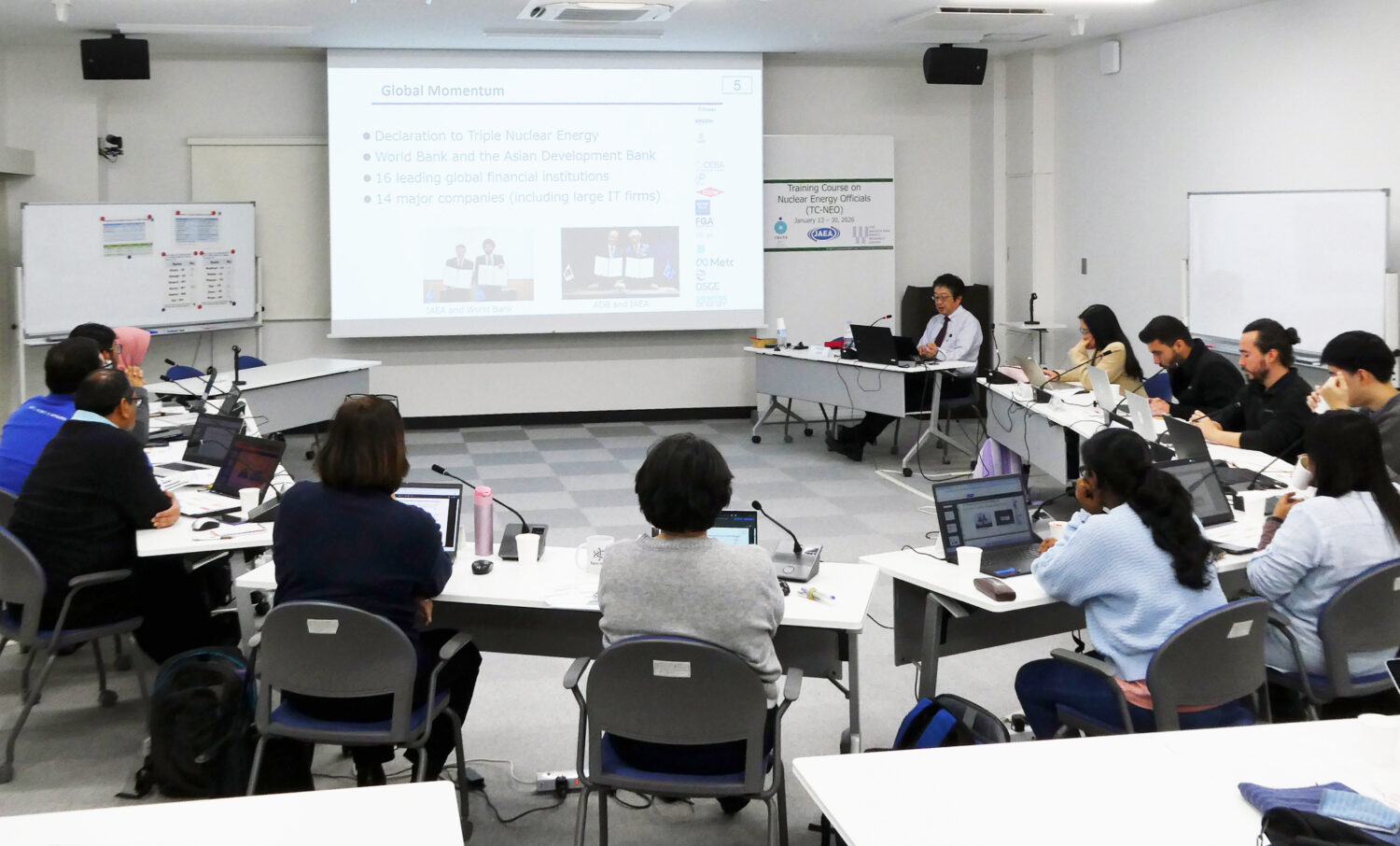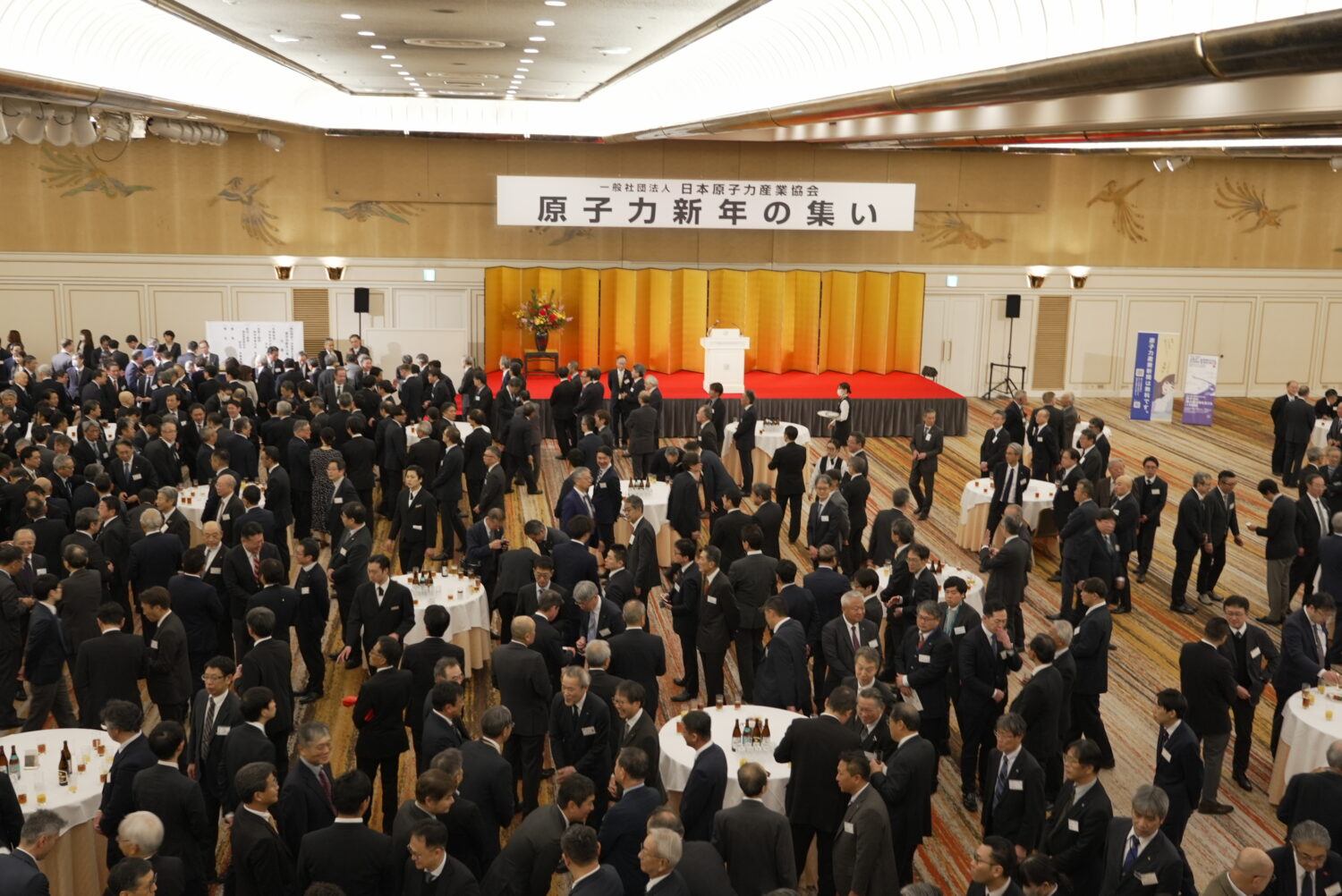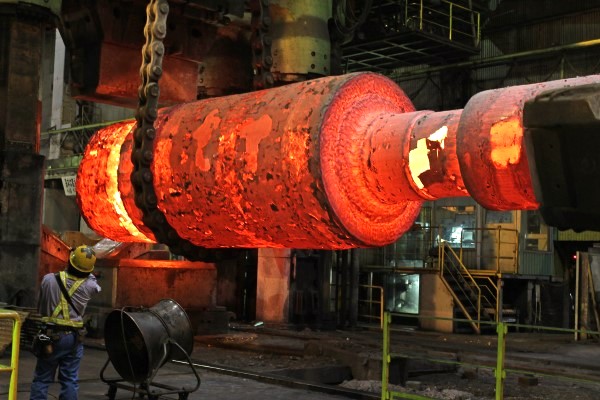The joint statement was an opportunity for the nuclear industries of both countries to declare their commitment to strengthening nuclear supply chains and promoting the safest utilization of nuclear power. It was also an opportunity for them to enunciate their shared recognition of the importance of receiving diplomatic, industrial policy and financial support from their respective governments and the financial institutions in their respective countries in order to accelerate their introduction of nuclear power in third countries, based on Japan-U.S. cooperation.
The joint statement emphasized the advantages of nuclear power, describing it as a strong means for meeting the global challenges of realizing a decarbonized society and ensuring energy security. It described nuclear power as a robust, stable energy source that could further accelerate the transition to clean and reliable energy systems when used in combination with renewable energies.
It also stressed that nuclear technology, moreover, has great potential not only for power generation, but also for decarbonizing other sectors of the economy, such as transportation, chemicals, and steel, through heat supply and hydrogen production.
In order to maximize the added value of nuclear energy, the nuclear industries in both countries, through the joint statement, called on their governments to strengthen support for the maximum use of existing nuclear reactors, including extending the periods of operation, and support for research, development and construction toward the implementation of advanced reactors.
Furthermore, the nuclear industries in both countries, in order to enhance the medium- to long-term predictability of nuclear power projects and promote investment in facilities and human resources, also called on their respective governments to improve the systems for energy markets and regulation, and to provide policy support.
They also asked the financial community (including supervisory authorities) to strengthen financial incentives to resolve issues, such as by introducing a system that translates nuclear power’s role in contributing to decarbonization and energy security into appropriate value recognizable in financial markets, and by regarding nuclear power as one of the pillars of the green finance framework.
Through the statement, those responsible for development of the nuclear industries in the two countries then declared their goals for the future. They will promote, they said, the use of nuclear energy around the world by deepening cooperation among industries in the United States and Japan, along with other countries that share their values.
Specifically, the parties to the joint statement pledged the following:
- To strengthen nuclear power supply chains through the cooperation of industries united in mutual trust and shared values, and to counter those who try to disrupt the international order.
- To promote Japan-U.S. cooperation in the global deployment of advanced reactors, including small modular reactors (SMRs), by seeking necessary forms of policy support from both governments in cooperation with other countries that share their values, so as to enable their industries to be competitive in global markets.
JAIF released a comment on the joint statement, expressing its confidence that, in light of increasing hopes for nuclear power around the world, the nuclear industries in Japan and the United States will, as partners, certainly be able to meet global expectations for nuclear power. It said that the strengthening of nuclear supply chains in both countries could also be expected.
Japanese State Minister of Economy, Trade and Industry (METI) OTA Fusae, who was present at the signing of the joint statement, said, “Japan and the United States have a long history of nuclear as well as technological cooperation. This is an epoch-making day.” She continued, “Our countries share the same values. We look forward to the evolution of our cooperation in this field.”


